Renewing Yangon, One Step At The Time
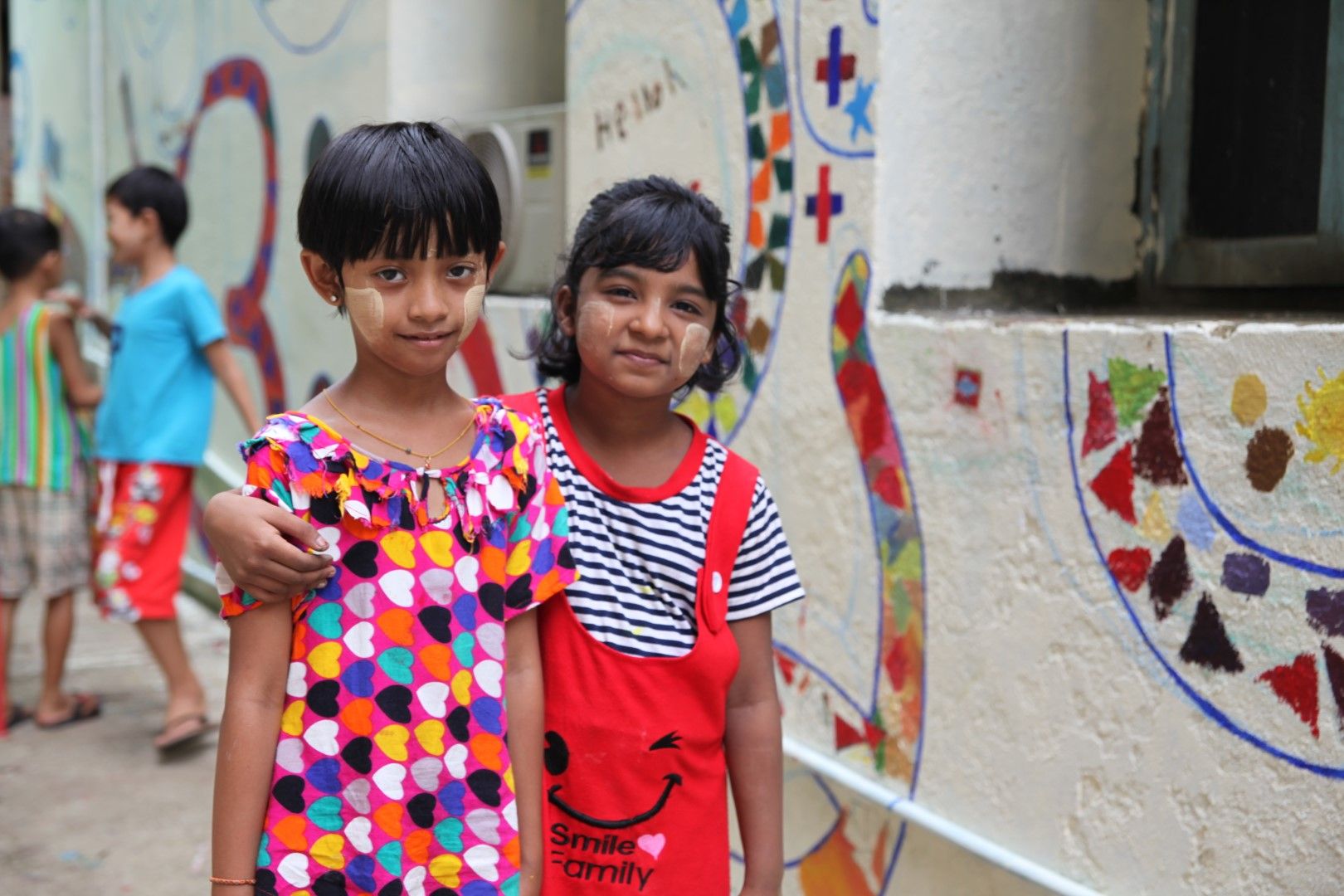
Jenny Lin knows where to get the best pork rib noodles in Yangon. A third-generation Chinese who grew up in Myanmar’s biggest Chinatown, Jenny journeyed to Australia to study architecture. Now, she has returned to her roots and is working for Doh Eain a social enterprise set to transform her beloved streets of historic Yangon, one step at a time. We spoke to Jenny about her hopes and dreams for Yangon Chinatown and its heritage buildings, her favourite places around town, fond childhood memories and of course where to get the best noodles.
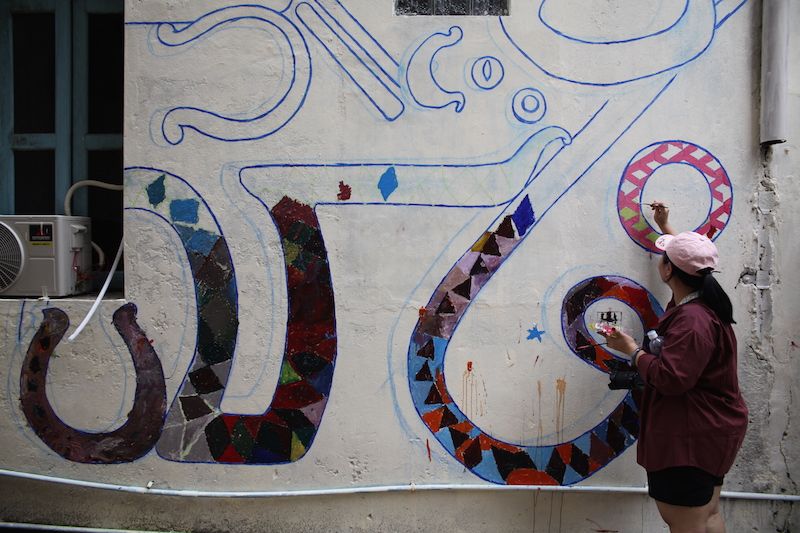
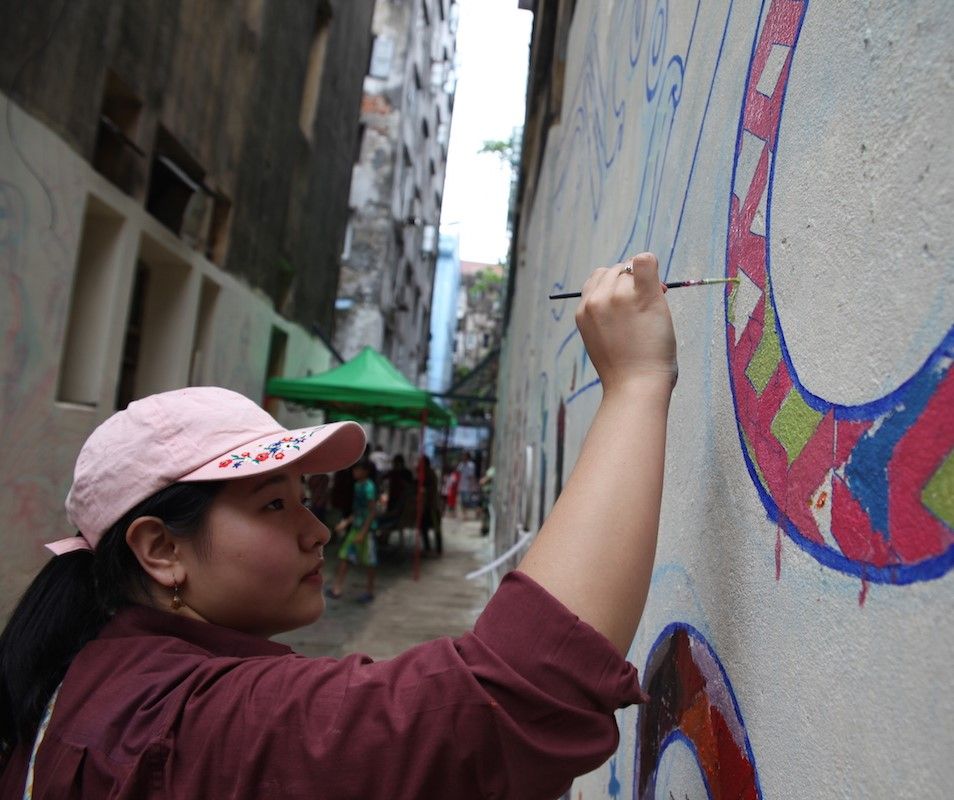
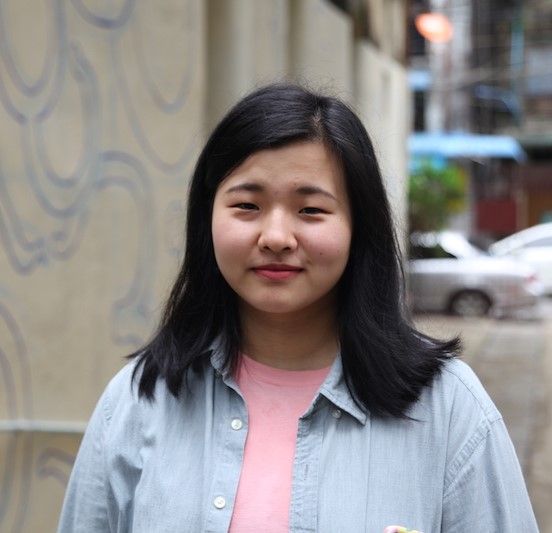
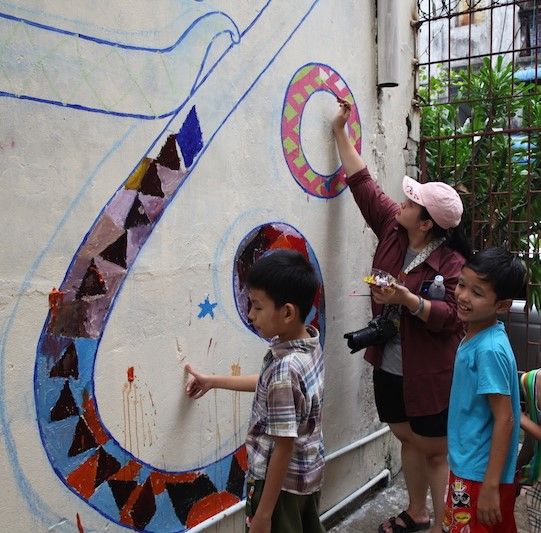
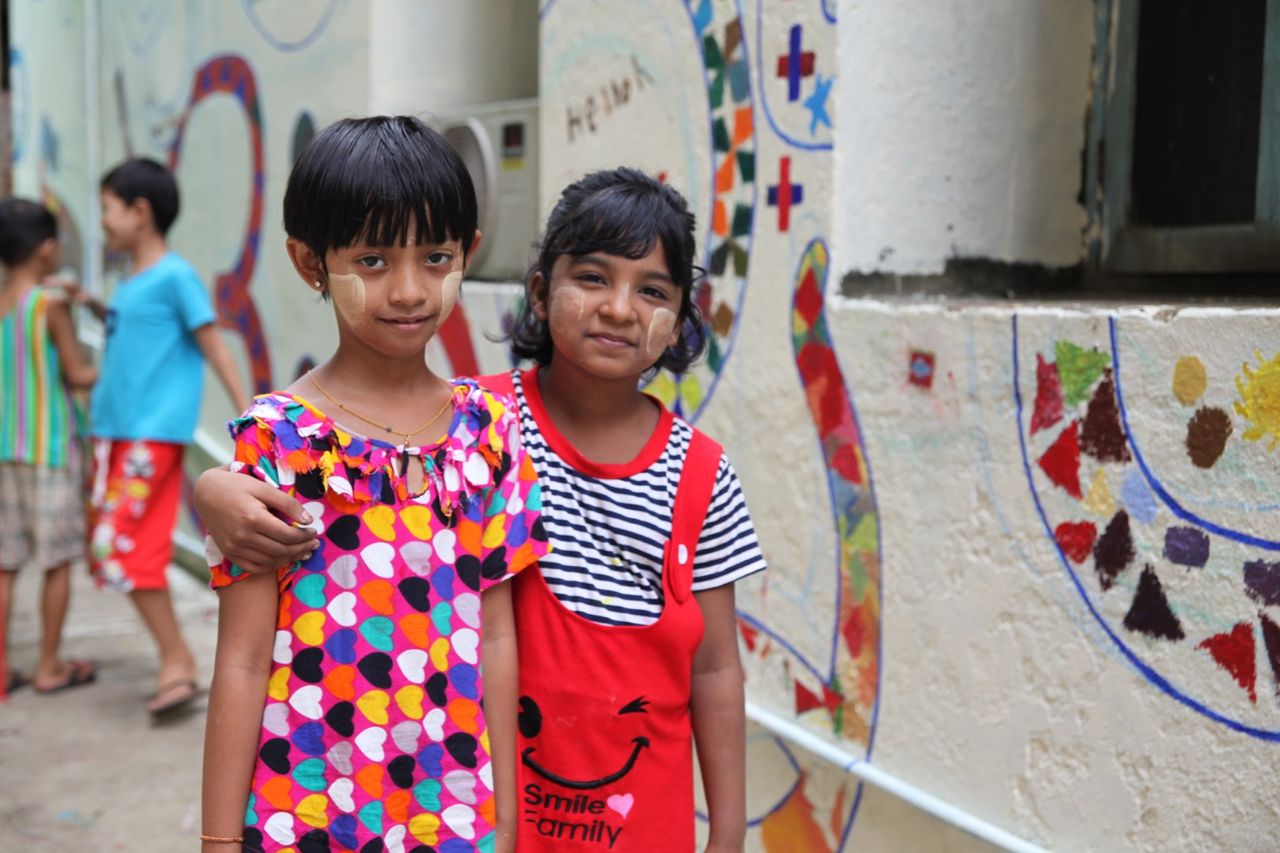
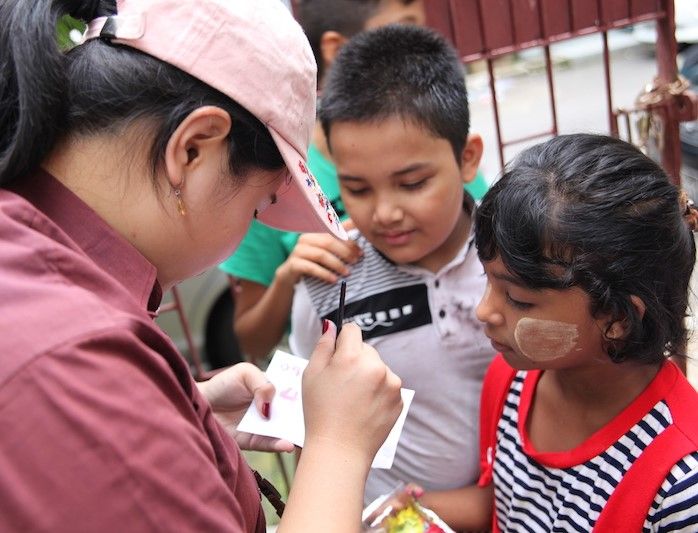
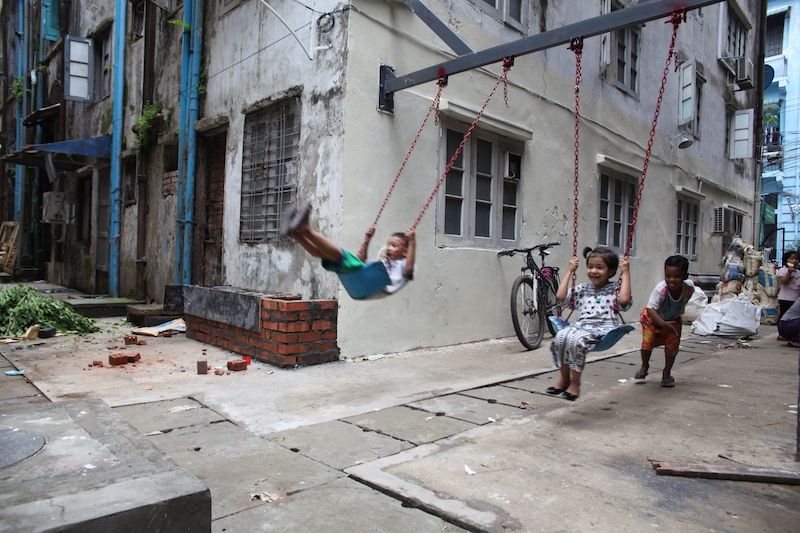
But first, a bit of history
With its bustling streets adorned with festive red lanterns, colourful temples and cheap and cheerful hostels, Yangon Chinatown is a popular local hotspot, a jovial, fun and distinctively Chinese neighbourhood, but it wasn’t always like that. Under the military rule, Chinatown’s streets were quiet, with Chinese libraries and noodle joints tucked away behind Burmese shophouse facades. In the 1960s and 70s, people of Chinese heritage didn’t have it easy in Yangon, facing widespread discrimination and persecution. The 1967 anti-Chinese riots - caused by the spread of China’s cultural revolution ideology amongst Chinese expats in Burma - precipitated a deterioration in Sino-Burmese relations, which only normalised well into the 1970s. Many Chinese fled the country, but those who stayed kept a low-profile and made an effort to blend in with the native population.
My earliest memory is eating pork rib soup with my dad at the corner noodle stall of Lanmadaw and Mahabandoola road. It’s the best.
Born in Yangon, Jenny was raised differently compared to most of her 78 classmates - who all had Chinese backgrounds - at the local public school. “Unlike the rest of my friends, my parents didn’t pressure me to go to medical school,” she explains. “My dad just told me: ‘I don’t care if you don’t get rich, as long as you’re modest and respectful’.” Jenny decided to set off to Australia to study Architecture at the University of Technology in Sydney.
Jenny is grateful to her parents for allowing her to study abroad and encouraging her to develop an international perspective. She puts their open mindset down as a product of their humble beginnings: farming and selling produce in the Irrawaddy region. As Jenny’s parents belonged to a minority group, their childhood wasn’t an easy one. Jenny remembers her mother’s stories of how Chinese houses were set on fire and how the government prohibited foreigners from owning land.
During the military crackdown on students protesting and calling for democracy, Jenny’s parents decided to move to Yangon to study at the university there. Despite the uncertainty at the time, they never failed to look on the bright side of life. “My parents remember the fun times they’ve had,” says Jenny. “Such as meeting one another and hanging out in the student compound of the university.”
Preserving Chinese heritage
At first, Jenny was set on becoming a designer, but she was quick to realise that architecture was her calling instead. She now works with Doh Eain (Burmese for “Our Home”) a social enterprise that renovates heritage homes in Yangon, improves public spaces and organises social and cultural activities that connect people to places. “Yangon is rapidly developing. There’s a lot of new infrastructure being built, which is why we don’t have enough space for children to play anymore” Jenny argues, who oversees Doh Eain’s back alleyway project. Together with the Yangon regional authorities, the project is dedicated to cleaning up some of Yangon’s notorious ‘trash alleys’ by getting rid of the rubbish, fixing drainages, building an urban garden with a playground, as well as adorning the streets with murals.
My favourite building is the Chinese medicine shop near Latha Street. I find it fascinating to look at how this old structure has been built.
The future of Chinatown
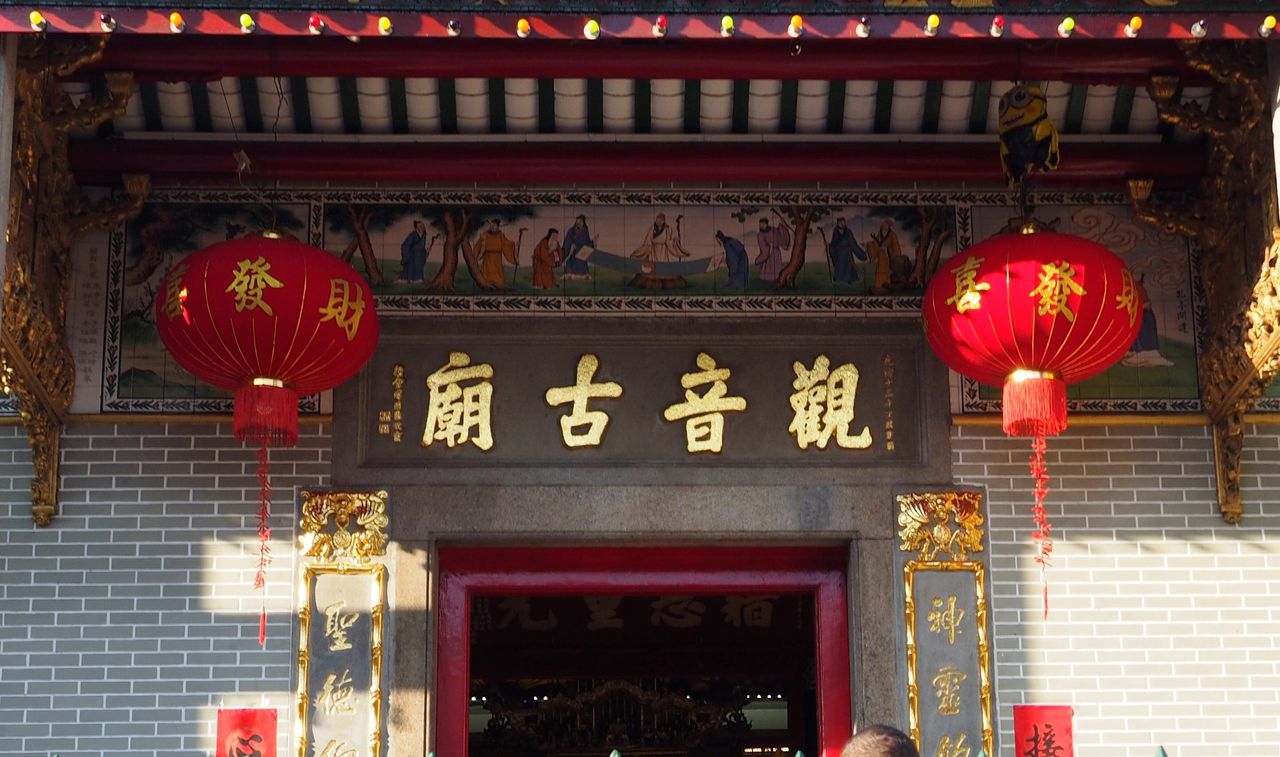
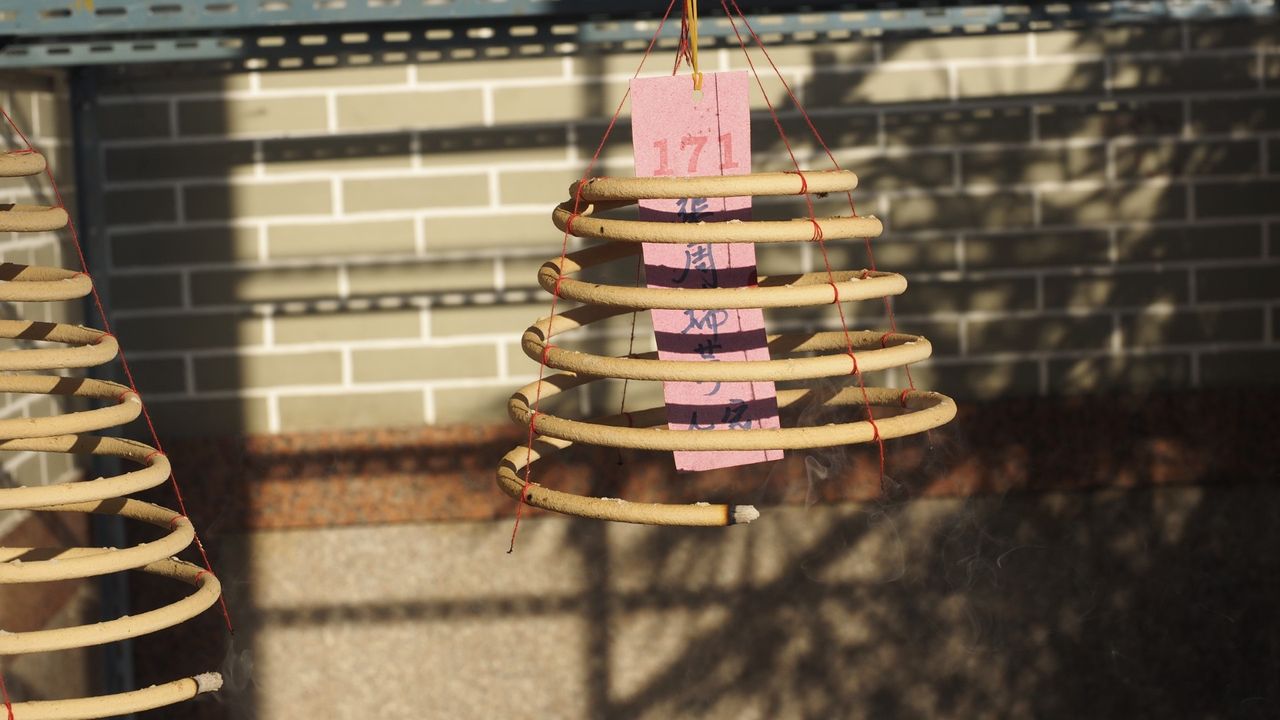
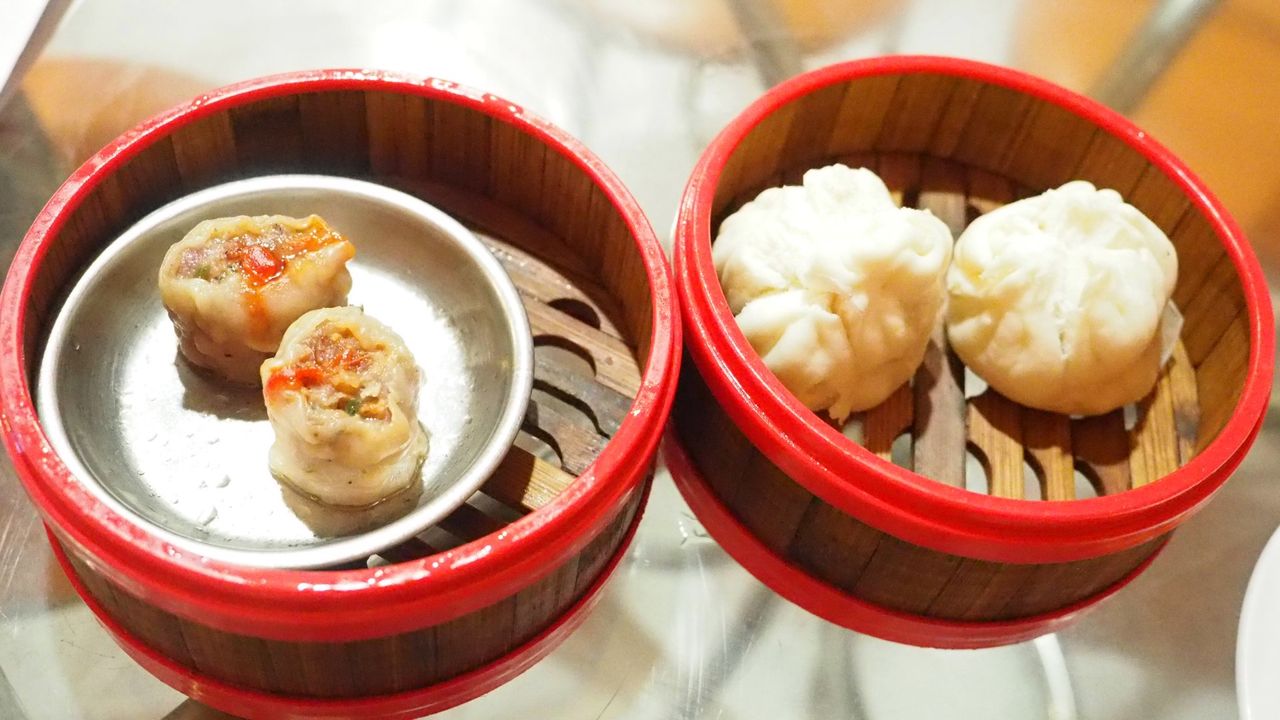
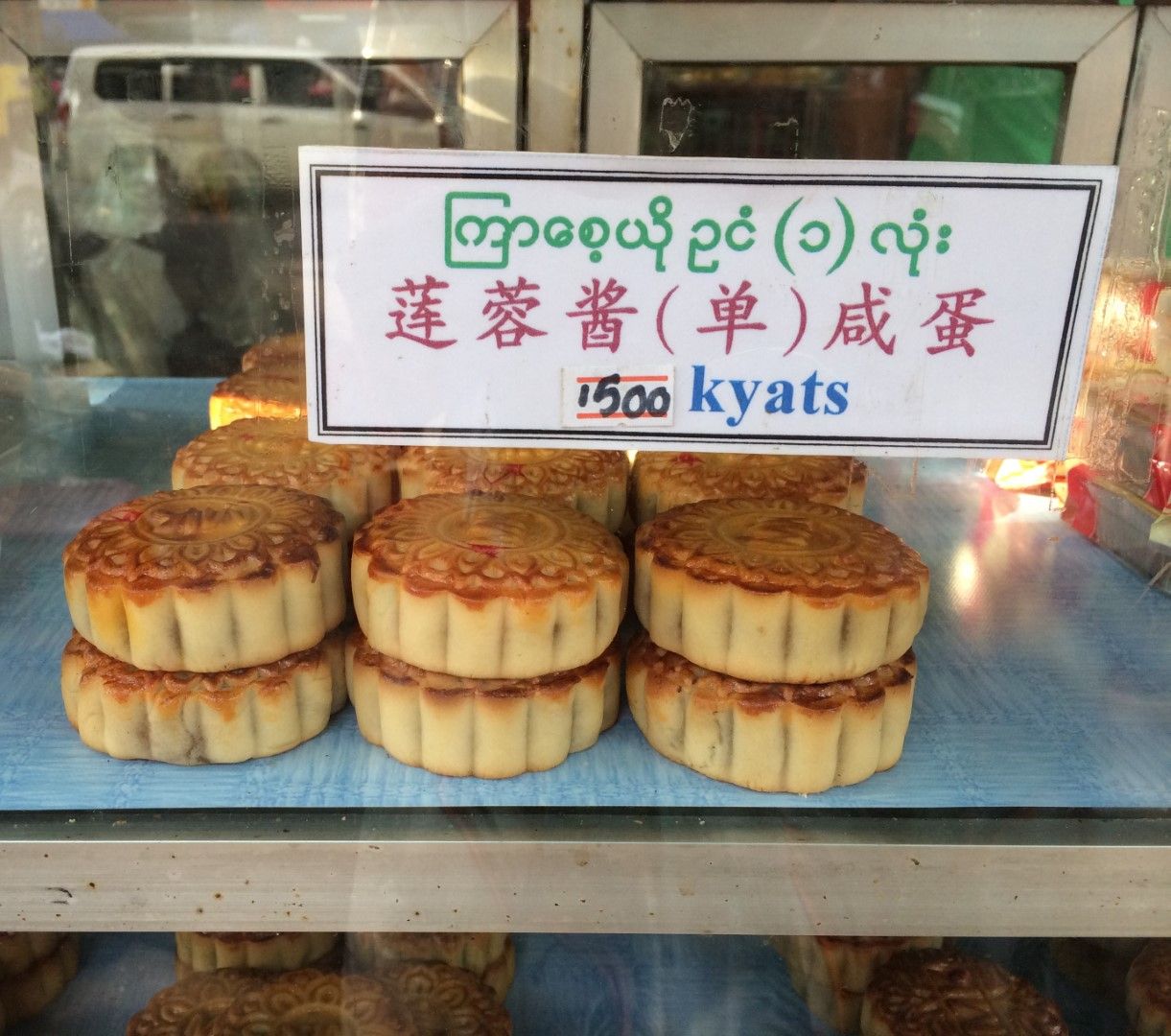
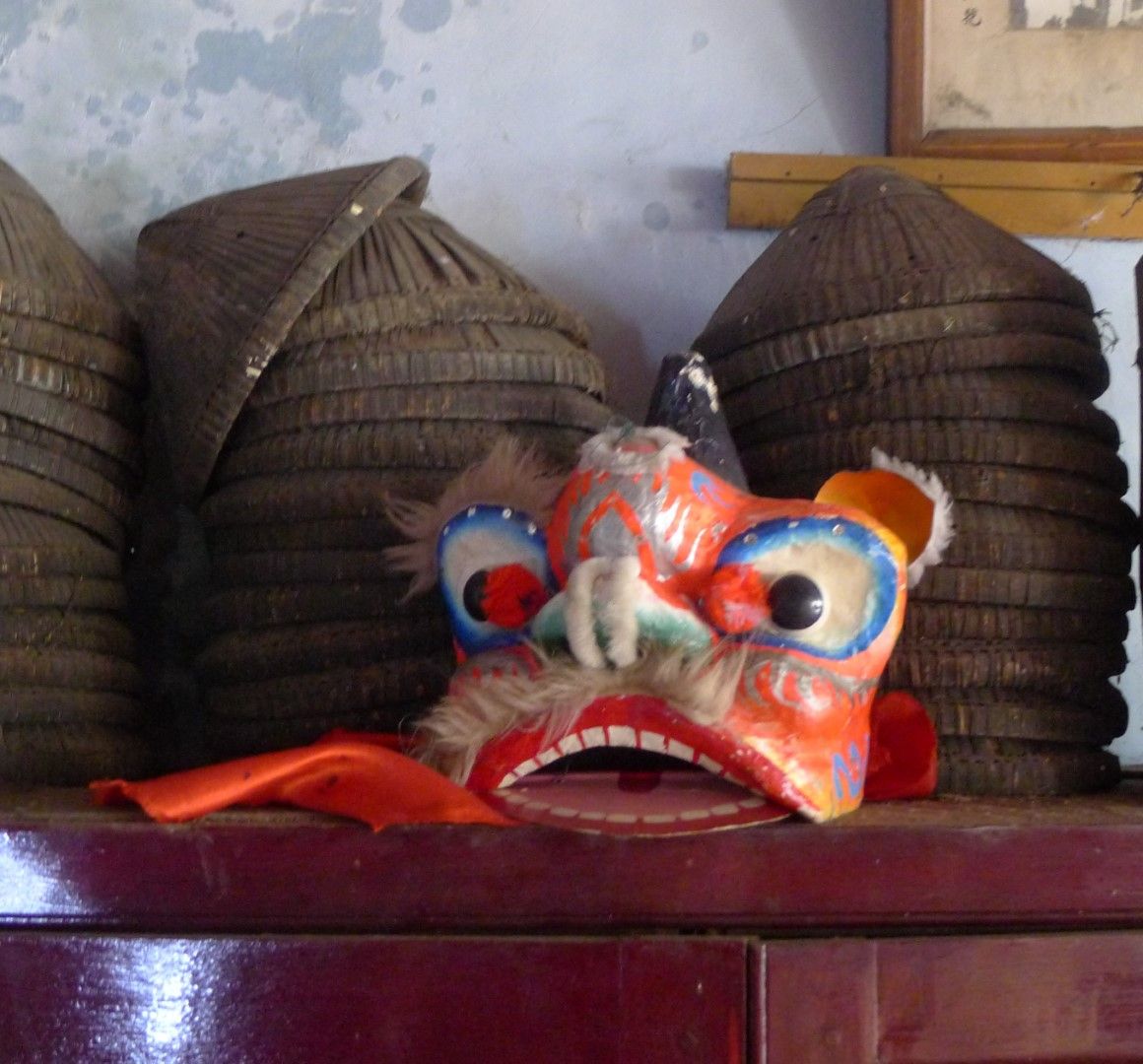
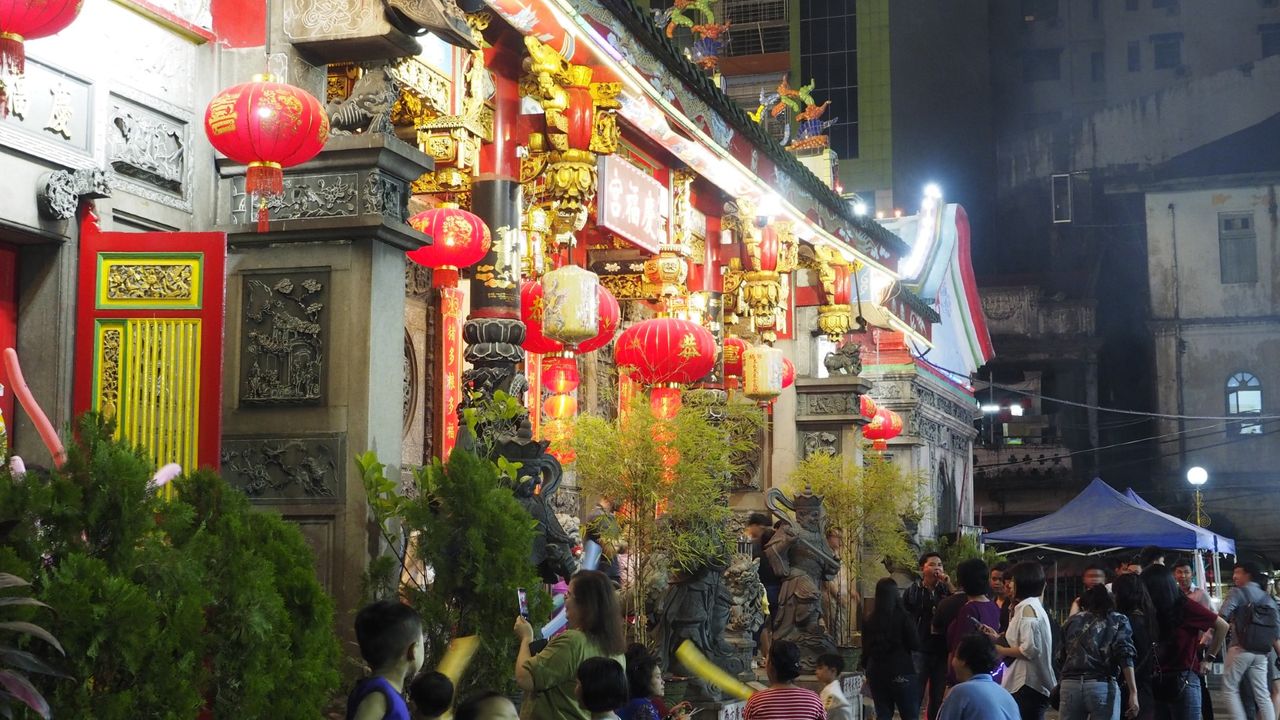
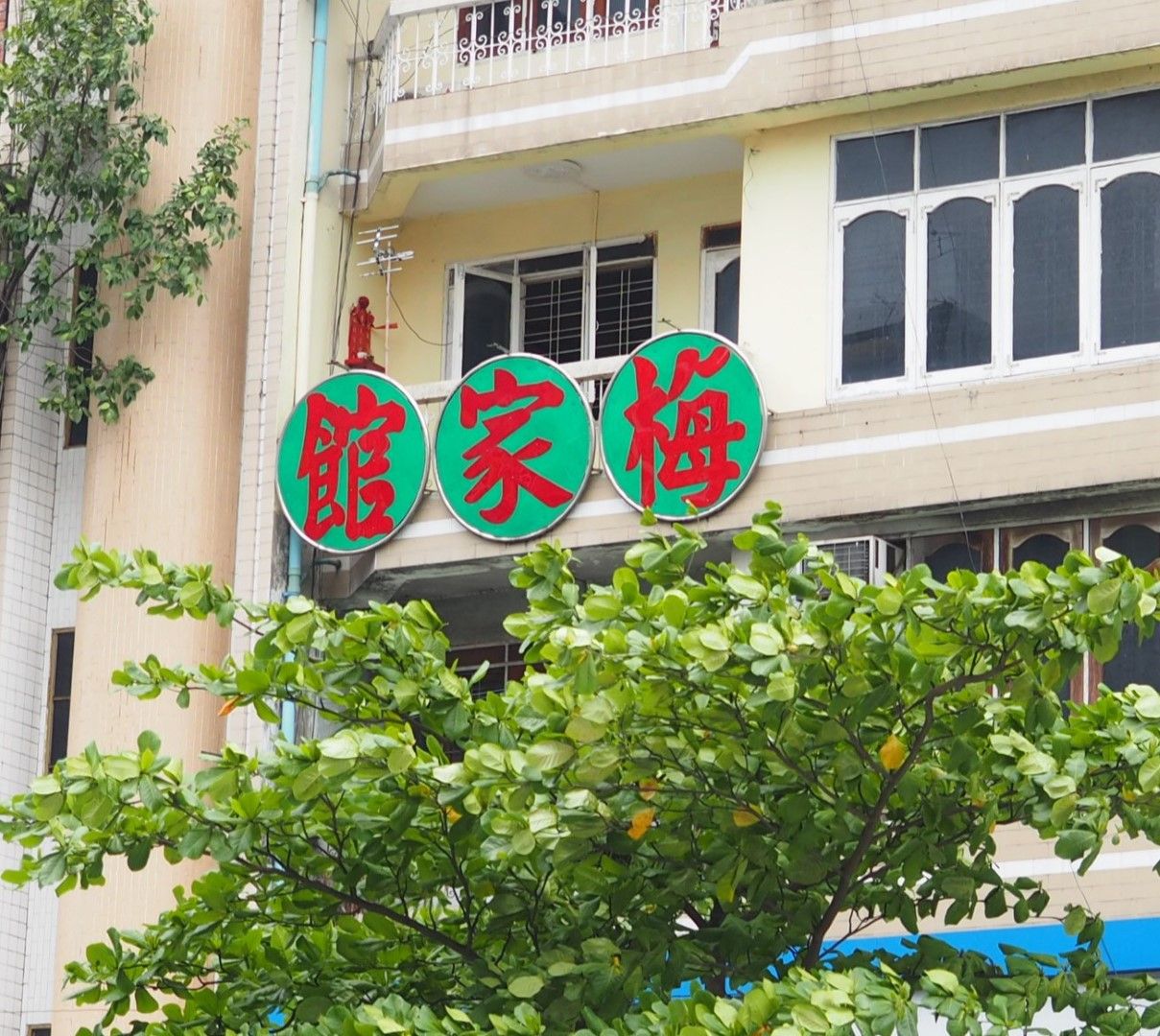
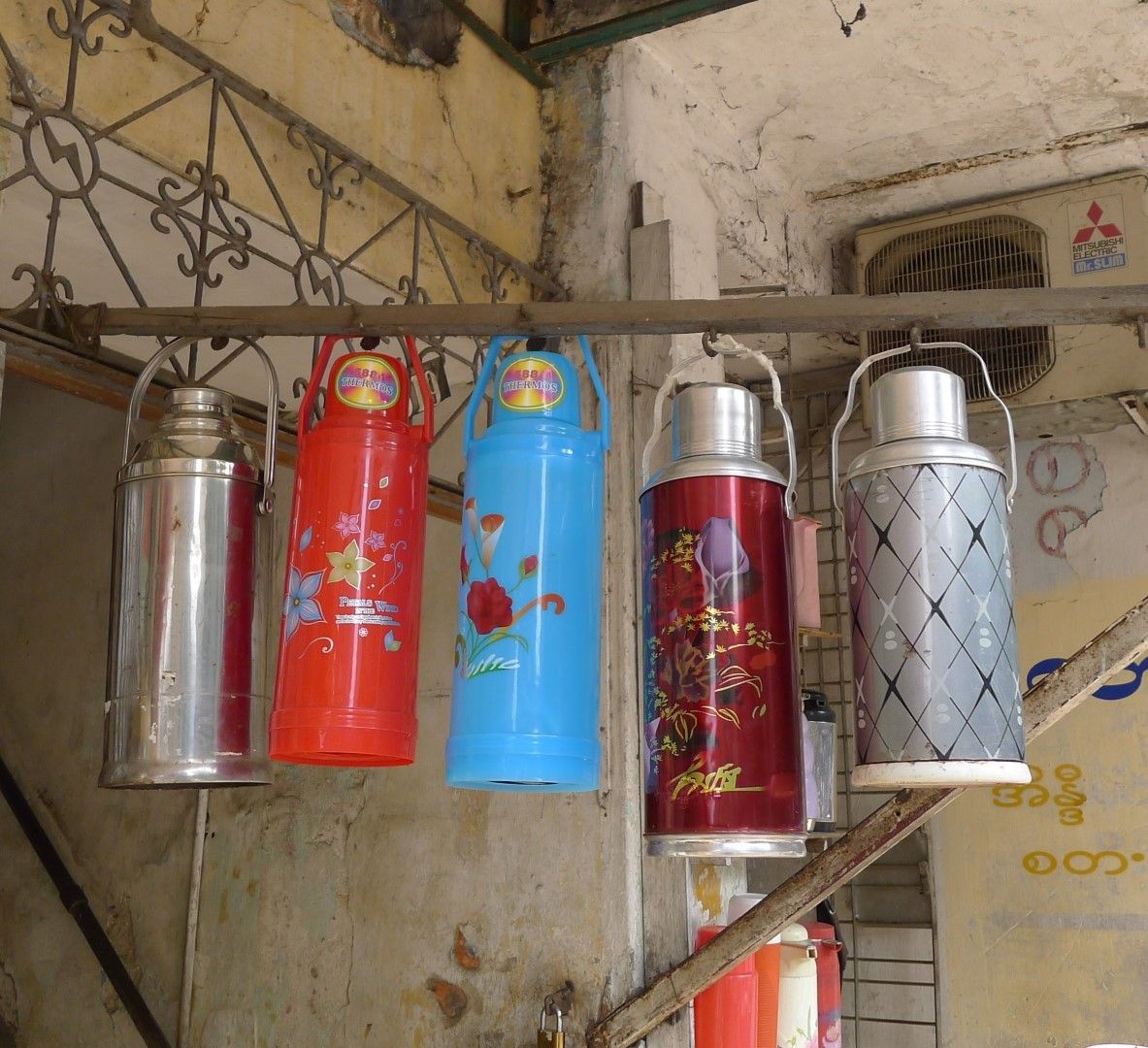
“My favourite building is the Chinese medicine shop near Latha Street. I find it fascinating to look at how this old structure has been constructed, with its high ceiling and wooden benches,” Jenny explains while walking around Chinatown. The traditional shuttered homes on Strand Road are also among her favourite structures in the neighbourhood. Retracing the steps she usually takes with her family on Chinese New Year, Jenny concludes: “My hope for Chinatown is that the open-plan Chinese houses will be preserved. They’re really precious to me. Every building itself is a collection of memories, as well as a testimony of the Chinese heritage and culture in Yangon.”
Pork Rib Noodles
“My earliest memory is eating pork rib soup with my dad at the corner noodle stall of Lanmadaw and Mahabandoola road. It’s the best,” Jenny recounts with a smile. “It’s still there; you should go try it!” Indeed, Baw Ga is an incredibly popular local hangout in Chinatown. Choose from thick or thin rice noodles and have them with roasted pork or steamed chicken.
Baw Ga . Maha Bandoola Road x Lamadaw St . Open daily 7am-9pm
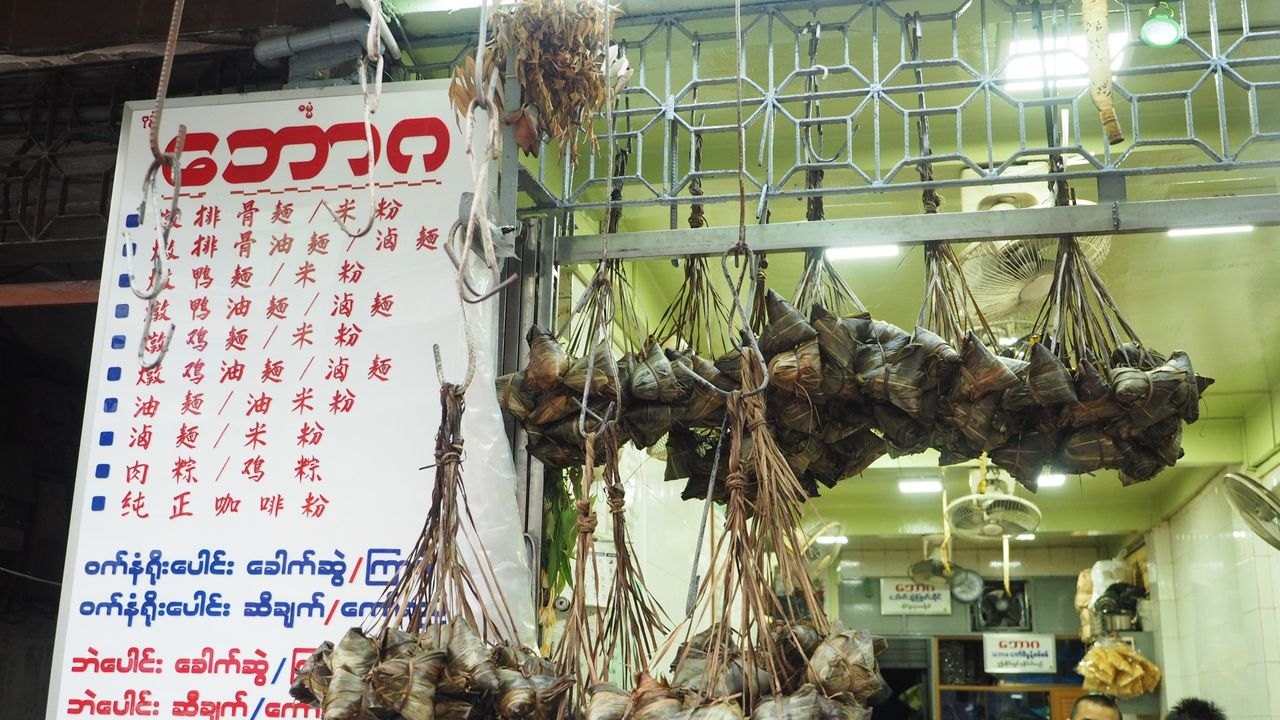
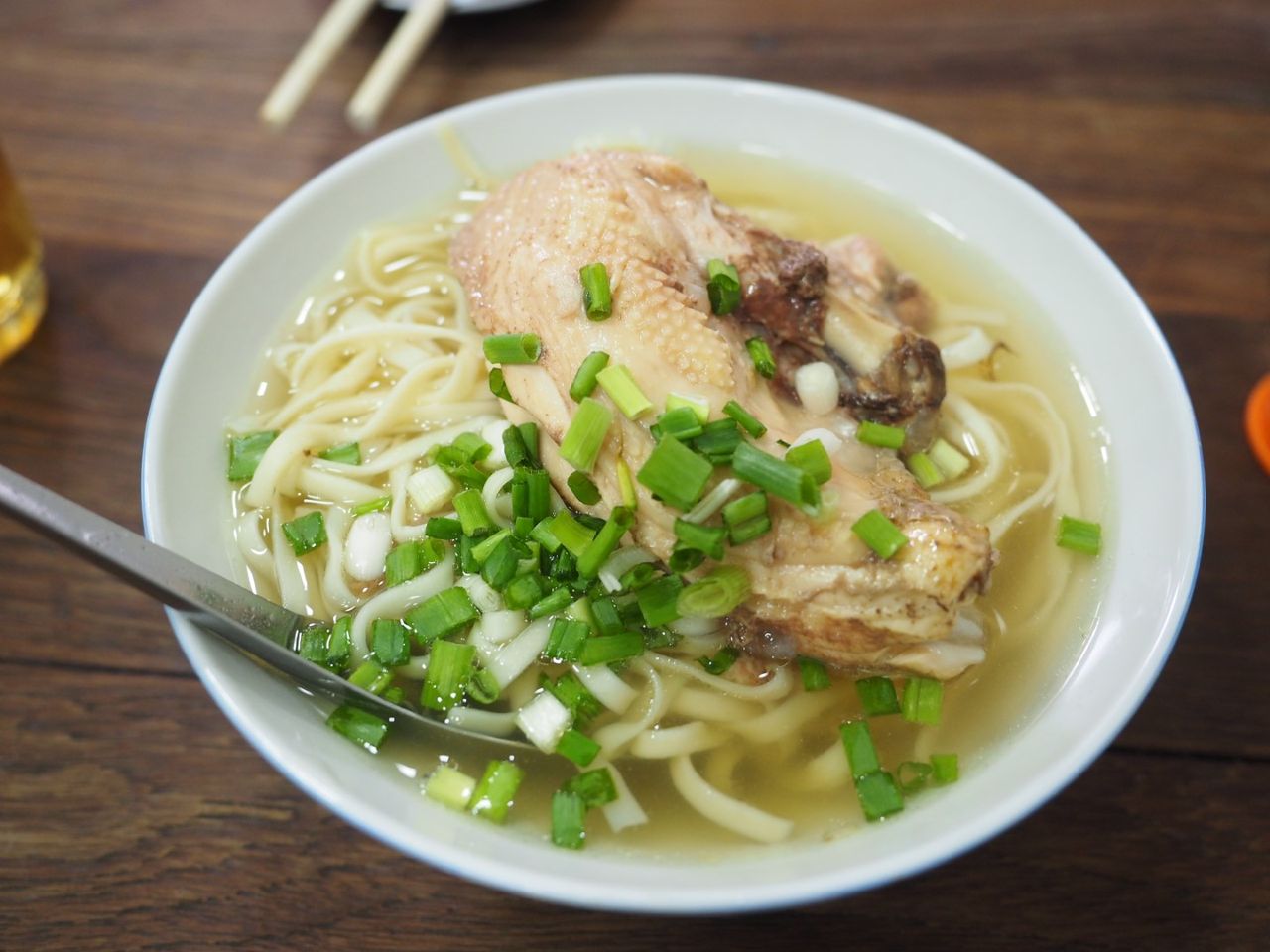
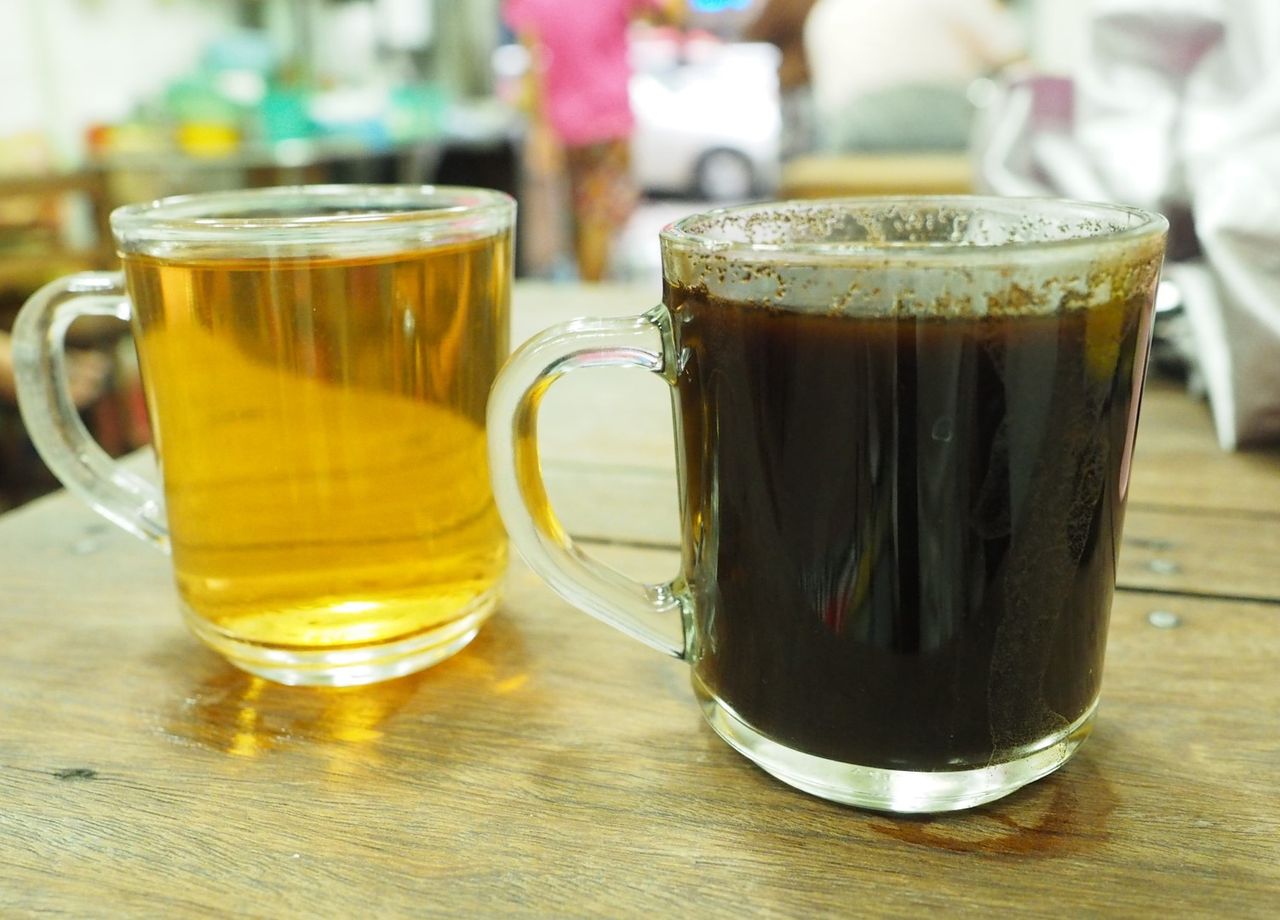
Credits
Powered by

Designed by

Words by

About
Doh Eain ဒို့အိမ်
Doh Eain is a social enterprise that helps residents to restore buildings and design public spaces to make their city more vibrant, inclusive and sustainable. Doh Eain is a social enterprise that helps residents to restore buildings and design public spaces to make their city more vibrant, inclusive and sustainable.
www.doheain.com/enMekong Kyaw Swar Mekong Kyaw Swar
Mekong is an art director and illustrator who handcrafts minimalistic elegant works of Burmese heritage and sunny landscapes out of his hometown Yangon. ဗီယက်နမ်ဇာတိက Mekong က ရန်ကုန်မှာ နေထိုင်သည်။ တရုတ်တန်းက ဟနွိုင်းမြို့ကို အမှတ်ရမိသည်။
@mini_mekongLibby Hogan Libby Hogan
Libby is a freelance journalist who documented the changes across Myanmar's many ethnic states in the past three years after Aung San Suu Kyi won elections. Her passion is looking at youth culture and stagleaping to isolated regions to hear untold stories from those who never had access to media or the opportunity to speak freely. She is now based in Hong Kong where she works for Reuters.
www.libbyhogan.com